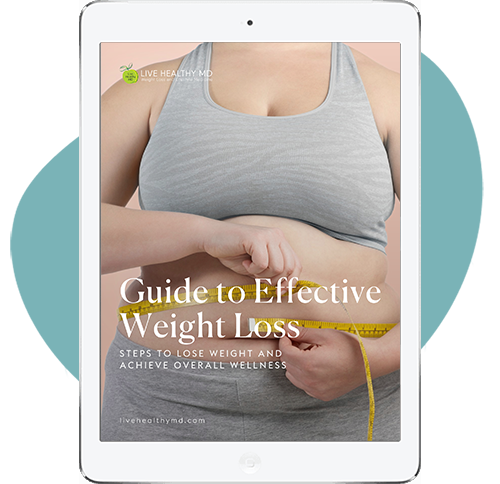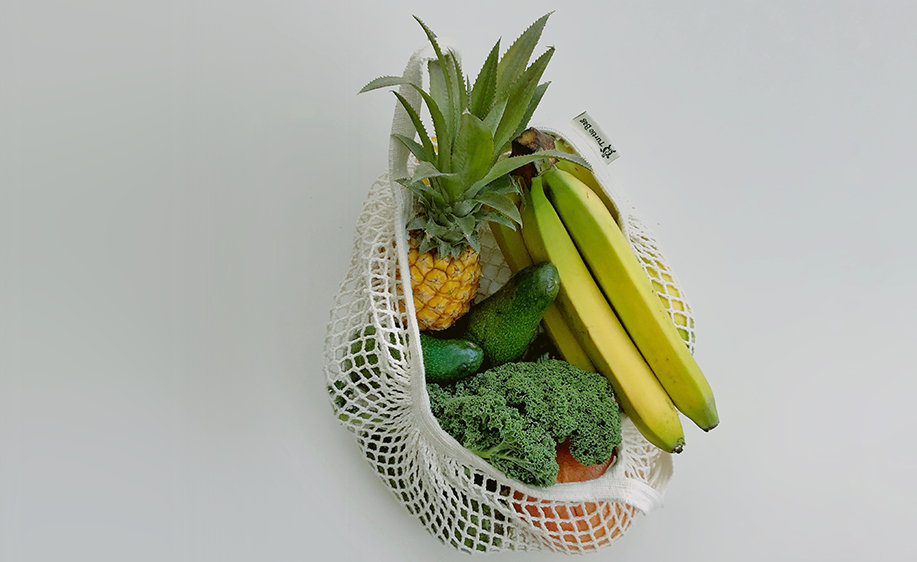
For those who have had bariatric surgery, managing weight gain after the holidays is as important as being cautious during the festive season. The festive period, with its array of tempting foods and celebratory events, often leads to a slight increase in weight. This gain, though seemingly small, can accumulate and potentially hinder the progress made in long-term weight loss efforts.
According to a study by the National Institutes of Health, the average American gains one to two pounds over the holiday season. While this number might appear insignificant, it's essential to recognize that these incremental increases can contribute to long-term weight gain and obesity if not addressed.
9 Strategies to Managing Weight Gain After the Holidays
1. Reflect and Reset
The period after the holidays is an excellent time for introspection. Reflect on your dietary choices during the festivities and see it as an opportunity to reset your goals. It's important to understand that occasional indulgences don't negate the progress made. This reflection can reinforce your commitment to a healthier lifestyle.
2. Resume Mindful Eating
Returning to mindful eating habits is crucial. This involves being aware of portion sizes and choosing foods that are rich in protein, fiber, and vitamins. Mindful eating helps you make more nutritious choices and reduces the likelihood of overeating.
3. Reinforce Protein Intake
Protein plays a vital role in satiety and muscle maintenance, especially important after bariatric surgery. Ensure your diet includes a variety of lean protein sources such as chicken, fish, beans, or lentils. These foods help manage hunger and support muscle health.
4. Replenish with Nutrient-Dense Foods
Emphasize filling your plate with vegetables, fruits, and whole grains. These foods are packed with essential nutrients and are generally lower in calories, making them ideal for weight management after the holidays.
5. Plan Your Meals
Planning your meals can prevent impulsive eating decisions. By preparing your meals in advance, you ensure that you have healthy, bariatric-friendly options at hand, which helps you stay on track with your dietary goals.
6. Hydration is Key
Staying well-hydrated is a fundamental part of weight management. Water supports digestion, metabolism, and can also provide a sense of fullness, reducing the temptation to snack unnecessarily.
7. Stay Active
Continuing or increasing your physical activity is crucial. Regular exercise not only aids in weight management but also enhances overall well-being. Choose activities you enjoy to make exercise a rewarding part of your routine.
8. Seek Continuing Support
Maintaining connections with your support network, including healthcare teams and peer groups, is invaluable. Sharing your experiences and challenges can provide both motivation and practical advice for managing weight post-holidays.
9. Balance is Essential
Remember, life is about balance. Enjoying special occasions is part of a fulfilling life. The key is to return to your healthy habits afterward. A balanced approach to diet and lifestyle is crucial for long-term health and well-being.
In conclusion, weight gain after the holidays is a multi-faceted process. It involves a return to mindful eating, reinforcing healthy habits, and maintaining an active lifestyle. Thoughtful planning and a balanced approach are the keys to overcoming holiday indulgences. Every step forward on this journey is significant and should be celebrated. Your path to a healthier, happier self is unique and every effort made towards maintaining your weight loss goals post-holidays is an achievement in itself.
By following these weight management strategies, individuals who have undergone bariatric surgery can navigate the post-holiday period effectively. It's about creating a sustainable lifestyle that accommodates occasional indulgences while staying committed to long-term health goals. Remember, the journey to health is ongoing, and the post-holiday period offers a renewed opportunity to reinforce and recommit to the habits that support your health and well-being.












